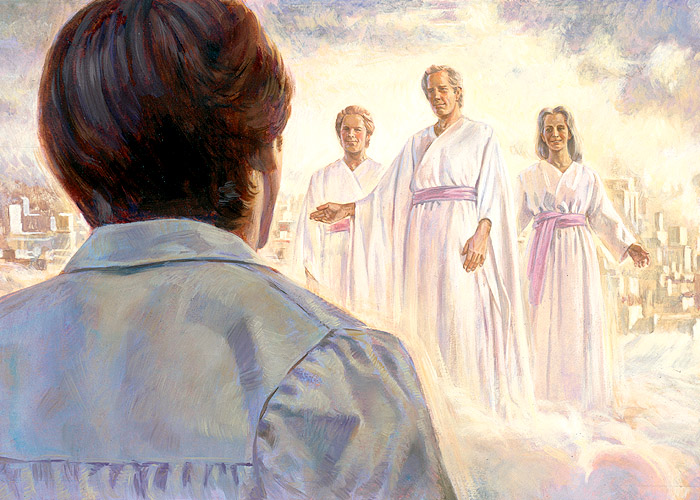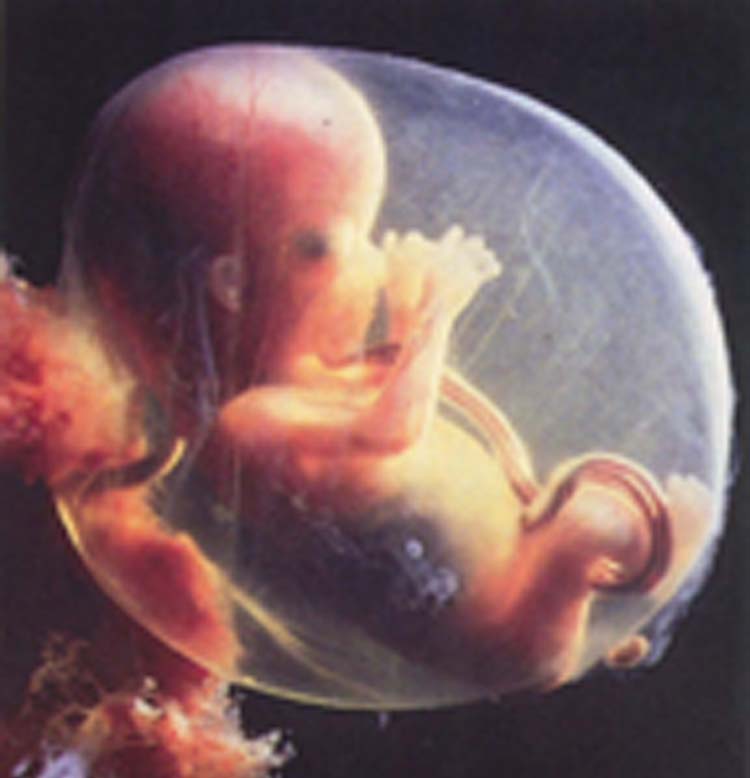Gramps,
Could you please explain the meaning of the terms “Eternal Life,” “Exaltation,” and “Immortality.” Are they interchangeable terms or has each a unique meaning? Thank you. I have learned a great deal from reading your works and appreciate your great service.
Don, from California
Dear Don,
We are now living as mortal beings. As such we will die. After death we will continue to live, never to die again. We will then be immortal, in other words, not subject to death.
Eternal life is not the same as immortality, although both imply living forever. All beings after death in mortality will continue to live in an immortal state, regardless of their degree of righteousness in mortality-from Satan to God, all beings are immortal. Through the great atoning sacrifice of the Savior all beings who die as mortals will at some stage be resurrected and receive their immortal physical bodies. This is a free universal gift from the Savior, brought about on all living things through the great redemptive power of his resurrrection.
The concept of eternal life is a rather deep theological principle, but it applies to all those who overcome the world by living by every word that proceedeth forth from the mouth of God
(D&C 84:44). Both immortality and eternal life were made possible by the great atoning sacrifice of the Savior. However, if we live by all the laws of the gospel, accepting and living in accordance with all the covenants pertaining thereto, then we eventually shall be exalted to live with God the Father and his son, Jesus Christ in the celestial kingdom. This is eternal life. Included in those essential covenants is the covenant of marriage for time and for all eternity. “Neither is the man without the woman, nor the woman without the man in the Lord.” As couples become exalted they attain the status of godhood. They inherit “all that the Father hath,” and will have the opportunity to continue to procreate and bear children. The children born to exalted parents will be spirits, as we were before our mortal advent, and they will bear the same relationship to us as we bear to our Heavenly Father.
Unfortunately, the Bible carries little of this doctrine, although it was known and practiced whenever the gospel in its fullnes was on the earth. Paul reflects this doctrine in his statement recorded in Heb 12:9-
Furthermore we have had fathers of our flesh which corrected us, and we gave them reverence: shall we not much rather be in subjection unto the Father of spirits, and live?
And in Rom 8:16-17-
The Spirit itself beareth witness with our spirit, that we are the children of God: .
And if children, then heirs; heirs of God, and joint-heirs with Christ; if so be that we suffer with him, that we may be also glorified together
-Gramps







